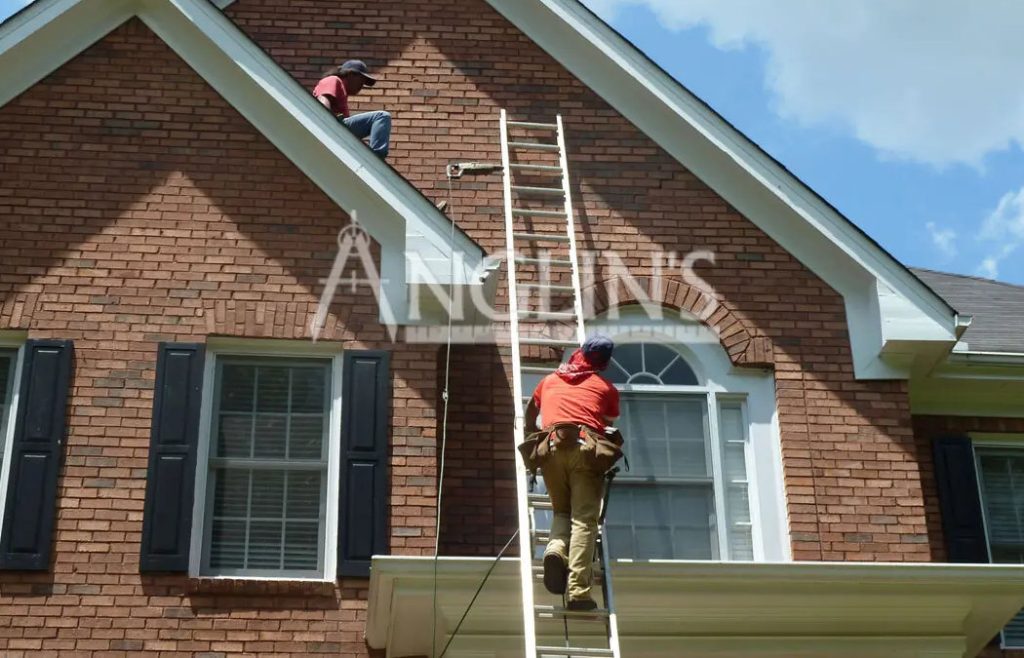Settling walls can be a significant concern for homeowners, as they often indicate underlying issues with a property’s structural integrity. Understanding the causes of settling walls is crucial for identifying the right repairs and ensuring the longevity of your home. Anglin’s Foundation & Masonry Repairs explores some common factors that contribute to this phenomenon in North Georgia homes.
Soil Settlement
One of the primary reasons for wall settling is soil settlement. This occurs when the soil beneath a foundation is compressed over time due to structural loads, moisture changes or natural settlement. Georgia is well known for its red clay soil. Different types of soil behave differently under pressure; for instance, clay soils can expand when wet and shrink when dry, leading to an uneven foundation.
Poor Drainage
Inadequate drainage around a home can cause water to accumulate near the foundation, leading to soil erosion or saturation. When soil gets overly saturated, it can lose its stability and create voids, causing the foundation and walls to settle. Installing proper drainage systems, such as gutters, downspouts and drainage tiles, can help manage water flow away from the property.
Tree Roots
Trees and large shrubs can also affect the integrity of a home’s foundation. As roots grow, they can disturb the surrounding soil, leading to displacement. Additionally, if trees are removed, the soil can become destabilized as the roots decompose, leading to further settling.
Frost Heave
Northern Georgia can experience colder winter temperatures, so frost heave can be a significant factor. During winter months, moisture in the soil can freeze, expand and then contract when temperatures rise. This cycle can exert pressure on a foundation, leading to cracks and settling as the soil shifts and pockets are created.
Construction Factors
Sometimes, settling walls can result from poor construction practices. If a foundation is not built in accordance with local building codes or lacks proper reinforcements, it may not withstand the loads placed upon it. Additionally, improper backfilling or inadequate compaction of soil during construction can also lead to future settling issues.
Signs of Settling Walls
Homeowners should be vigilant for signs of settling walls, which may include:
- Cracks in the walls, particularly near doors and windows
- Doors or windows that stick or do not close properly
- Gaps between walls and ceilings or floors
- Uneven floors or visible sloping
Exterior walls may also show visible signs, such as cracks along mortar lines in brick walls and uneven settling that causes them to shift or lean outward from the structure.
Atlanta Masonry Repair
Walls falling or settling may require pinning or anchoring to shore them up and prevent further structural damage. Your Atlanta home’s foundation may also need repairs before exterior masonry repair. Anglin’s Foundation & Masonry Repairs can inspect your home and determine the underlying cause of leaning, shifting or cracked walls and propose a solution to preserve your home’s structural integrity. Call us today at (770) 422-2924 or contact us online to request a free quote.
